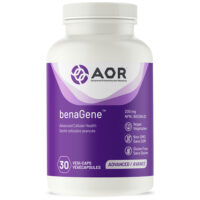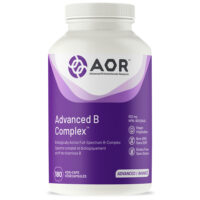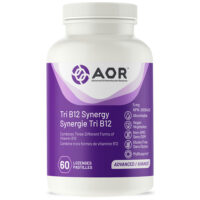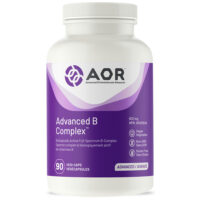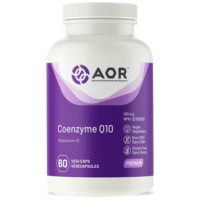There are a considerable number of online websites that are offering organic products for baby. In order to ensure the products are organic and not natural (there is a difference), the products should have a label stating they are 100% organic. Today, organic products for baby are growing in numbers, with a fluctuation in variety and scope.
What makes organic products for babies so appealing? Well, for one thing, the ingredients used are rich in vitamins. The oils used are organically grown. More importantly, the ingredients are void of pesticides, mineral oils, and other synthetics which can irritate a baby’s skin.
For example, organic products for baby include tea tree oil, which is taken from the Melaleuca tree in Australia. The Aborigines have been using it from the beginning for medicinal purposes, but for baby it is a great way to cool and cleanse the skin. Another ingredient that we are all familiar with is chamomile. As a tea, it calms and soothes us after a stressful day at work. It works much the same way as a lotion or cream for a baby. Aloe is another ingredient used in most organic products for baby. We all know it has been widely recognized as an anti-inflammatory agent.
Some of the more popular organic products which are available for your baby include:
* Baby oil
* Diaper balm
* Shampoo
* Body wash
* Creams
* Soap
Speaking of soap, there is an organic soap available that is made from the petals of the calendula plant. Calendula is an antioxidant which protects the body against free radicals and is also known to have anti-inflammatory and antibacterial properties. It has been used to treat wounds as well. Also included in organic soap are organic ingredients such as sunflower oil, coconut oil, palm oil, chamomile, carrot oil, lavender oil, and vitamin E.
As mentioned at the outset, there is a vast difference between “natural” products and “organic” products. While natural products have no artificial ingredients, the only way you can ascertain if a product is organic is to ensure there is a label on the product that states it is 100% organic. Products that are 100% organic are certified. However, if a product states it is “simply organic”, 5% of it is not. If a label states it is “made with organic ingredients”, 30% of it is not.
Companies are required to list ingredients on labels. It has become a necessary part of ensuring that we are not buying products that have harmful ingredients. So the next time you plan a shopping trip for your family, be sure to check the labels or look for the USDA 100% organic label on food products as well. Organic products for baby are growing in numbers, and rightly so. We have become environmentally savvy on the benefits derived from organic clothing, skin care products, food, and other products as well.


